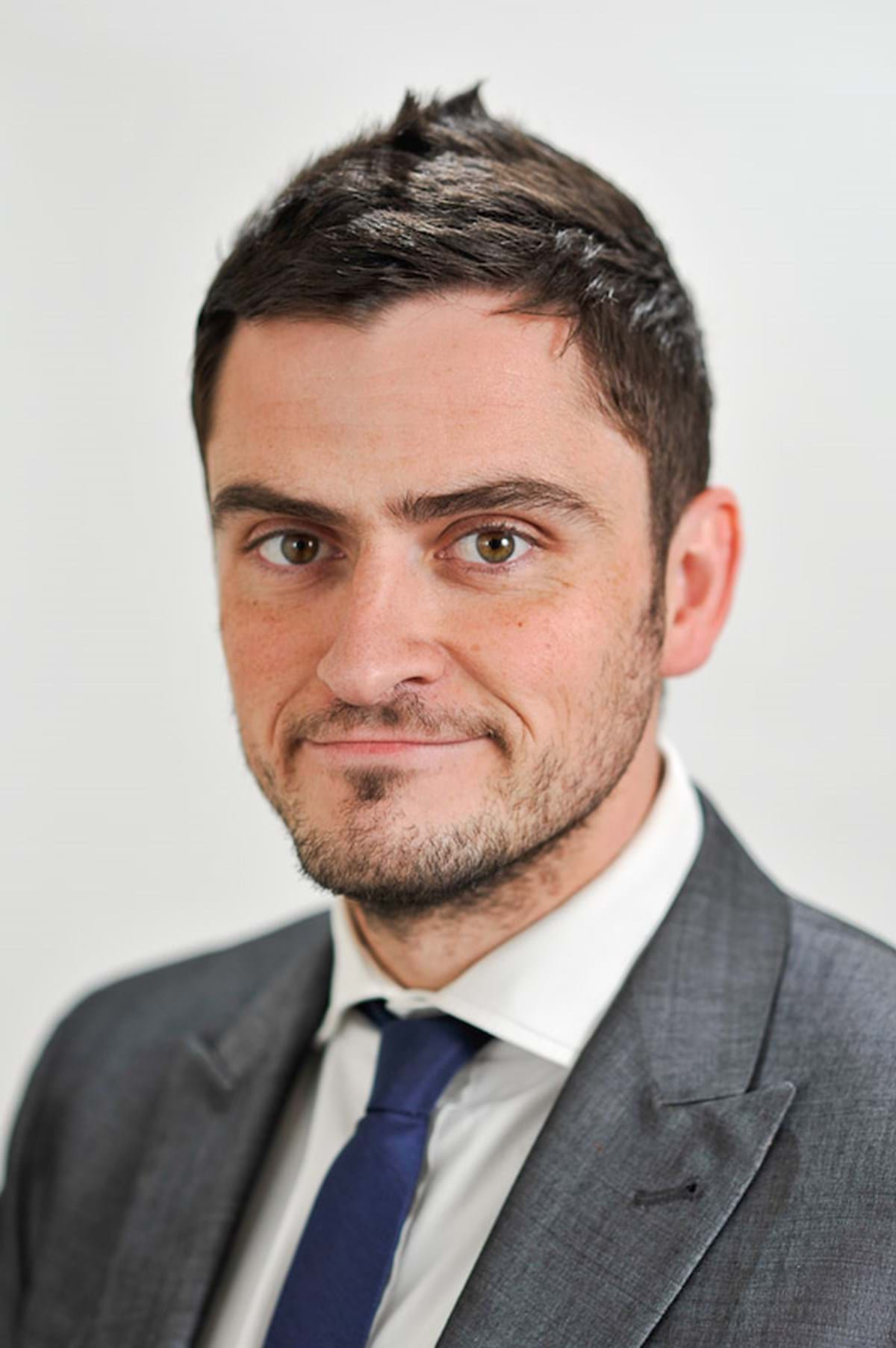In this edition of our Career Highlight series, we speak with Craig Hunn, a solicitor at our Newcastle-Upon-Tyne office, about one of his career highlights and his passion for law.
Craig is a keen football fan from North Sheilds who coaches the youth team at a top local club in his spare time. He was inspired to go into law by his A-Level teacher, who recognised that he had the skills and personality to become a successful lawyer.
Tell us about the case
In this case I supported a paramedic, who had been captured on CCTV engaging in a sexual act with a patient in the back of his ambulance. The evidence suggested that the act was consensual, so he was charged with ‘wilful misconduct in a public office’, as opposed to sexual assault. There was a clear attempt by the Crown Prosecution Service to use this case as a vehicle to expand the boundaries of that particular offence, and the types of professionals who would come under its remit.
My client faced having a criminal record but it went far wider than that. If the CPS had succeeded and he was held to be a holder of a public office then a wide variety of misconduct, which would previously have been only a disciplinary matter for an employer, would have been rendered a criminal offence for a considerable number of employee

Craig Hunn
Was there anything especially challenging or complex about the case?
While the facts of the case were not in dispute, it was necessary to satisfy the court that paramedics were not acting in a public office. There was some relatively unhelpful case law that indicated that certain medical professionals, such as prison nurses, were indeed capable of committing the offence in question.
What was the outcome?
Our application to dismiss the charge was unsuccessful in front of the recorder of Durham Crown Court. He refused leave to appeal the point to the Court of Appeal on the basis that our position was not even arguable. Although on the face of it that was the end of the matter, on our advice to the client was to immediately enter a guilty plea and then subsequently apply to the Registrar of Criminal Appeals for permission to appeal. That permission was granted, and the matter was listed for oral argument.
Such was the importance of the case to the Crown Prosecution Service, the principal legal adviser to the Director of Public Prosecutions, Mrs Alison Levitt QC, was instructed to act.
Following a day of legal argument, the judgment of the president of the Queen’s Bench Division, Sir Brian Leveson was that a paramedic employed by an NHS trust is not the holder of a public office for the purpose of the relevant offence.
What did the outcome mean for the claimant?
The outcome meant that his conviction was quashed and he reverted to the position of having no criminal record.
Why was the case so important?
The judgment was memorable because it provided protection for an enormous number of trade union members working as health care professionals.
What did it mean to you?
Winning the case, having previously had the argument declared ‘unarguable’ by an experienced crown court judge, gave me significant satisfaction. It gave me confidence that my judgement in matters of this nature is generally sound.
